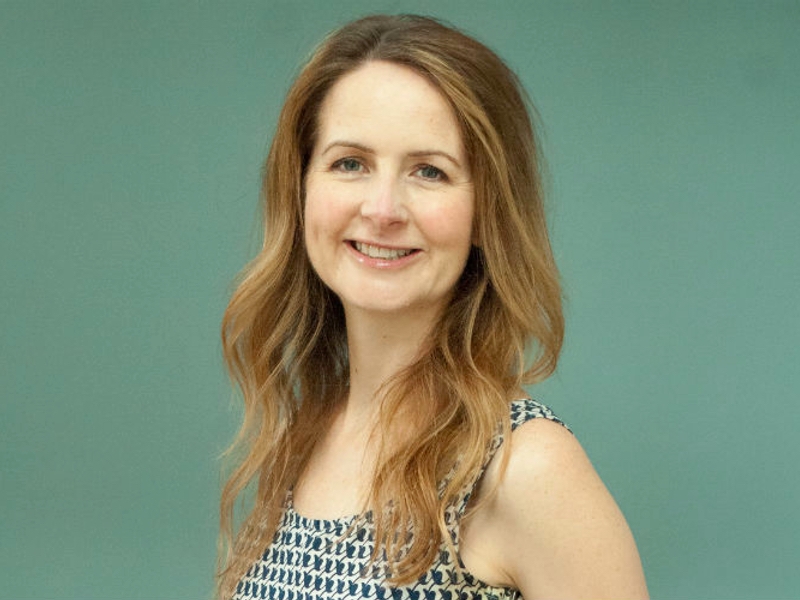
Article provided by Rachel Carrell, CEO, Koru Kids
When it comes to deciding whether one half of a parenting couple should quit work to look after the kids, the financial element of the answer seems obvious – whichever parent earns the least, surely?
But while that might feel sensible for each couple in isolation, when aggregated across the population there is a dramatic result: it’s nearly always the mother who leaves her job. That’s because women are roughly two years younger than men when they have their first child, meaning they’re two years more junior in their careers, and because they earn less than men on average for their age.
This then means it’s women who take the career hit and women who continue to provide most of the childcare even when they do go back to their (lower paid) jobs. Across society this results in fewer women in leadership positions, fewer important decisions made by women, and ultimately a world less informed by women’s experiences than it is by men’s.
There is another way. Increasingly, parents are both working part-time and caring for their children part-time – at Koru Kids we get an increasing amount of requests for part-time care. In fact a recent survey from Deloitte found that nearly 40 per cent of dads have requested a change in working hours since having a baby. Unfortunately, only 44 per cent of these requests were successful. We clearly still have a long way to go before working part-time or even flexibly as a father becomes not just a luxury but a given.
Aside from being a whole lot fairer for female partners, a two-parent arrangement can also be financially sensible, especially where both partners earn roughly similar amounts. Crucially, it’s far more tax-efficient, because of marginal tax rates. To illustrate: One person earning £100,000 takes home roughly £66,500 in cash after taxes and national insurance. One person earning £50,000 pays less tax proportionally, and takes home £37,500. If two partners earn £50,000 each, that’s a total of £75000, meaning the household is 13 per cent better off than with only one big £100,000 breadwinner. There are also likely benefits for future years of having both partners continuing to amass career experience.
Yes, it’s true that it’s more difficult to progress in your career if you are working part-time, and that it’s hard to find part time work in the first place (at Koru Kids it’s something we love to offer where we can because we know just how much people appreciate it). But it depends what you do. Maybe you have a side hustle that you’d like to dedicate more time to that fits in around the kids – and that could be lucrative if you gave it the chance to flourish. Perhaps you’ve been working in a job that has not fulfilled you entirely, and the break from working full-time frees up your mind to think about how you might like to re-angle once the children are at school.
Spending time looking after young children, while bone-shrinkingly exhausting, can also be extremely creative and fulfilling in a way paid work rarely is. It can remind you of the simple pleasures of playtime, storytime, laughter and love, and reconnect you to what really matters in life. That in itself may make you realise you’ve been going at work the wrong way – or maybe that managing on less money isn’t so bad after all when you get those precious moments with your family. Both partners sharing the mental load – all the childcare-related admin and extra emotional labour that women tend to do – also frees both partners up to think creatively about what they might do when and if they start to think about the next stage of their career, which can in turn only favour the economic fortunes of the family.
Of course this isn’t just a financial decision. Children are young for such a short time and no one lay on their death bed wishing they’d spent better optimised their taxes. There’s no price you can put on seeing your baby’s first smile, first steps, hearing your baby’s first words. But there are other benefits of two part time parents which are rarely discussed, and deserve consideration by couples trying to decide how to arrange their lives.
 About the author
About the author
Rachel Carrell is CEO of award-winning childcare solution Koru Kids.
Rachel was working as the CEO of the world’s largest online doctor service when she had her first baby and experienced first-hand how difficult it was to arrange childcare (thus inspiring Koru Kids). Before that job, Rachel spent six years at McKinsey, and did a stint in the NHS.
She has a DPhil in Development from the University of Oxford, where she was a Rhodes Scholar, and was elected a Young Global Leader by the World Economic Forum in 2014. Rachel lives in North London with her husband and toddler, and can be found in Highgate Wood almost every weekend. Rachel recently won the ‘Best Business Woman in Technology’ award at the Best Business Women awards for her work setting up Koru Kids.








